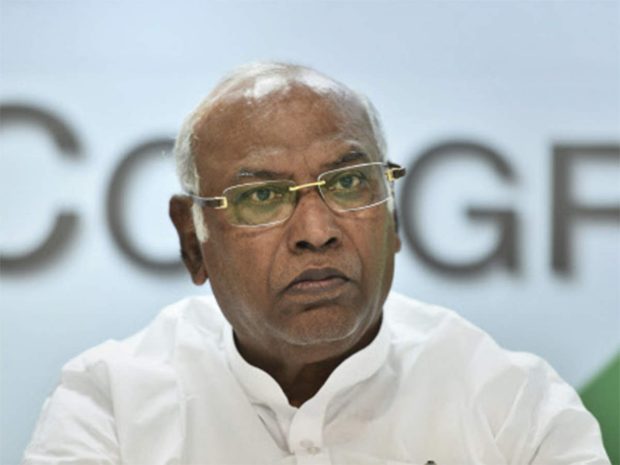Navigating the labyrinthine U.S. healthcare system is so challenging for patients that it leads to delayed or foregone medical care, new research shows.
Twenty-five percent of insured, working age adults have either postponed or gone without necessary healthcare because of administrative obstacles, according to a study published in the journal Health Services Research Thursday.
Nearly three-quarters of patients reported undertaking tasks like scheduling appointments, seeking health information, obtaining prior authorizations and resolving problems with bills and premiums. The researchers used data from the Urban Institute’s March 2019 Health Reform Monitoring Survey.
“Over time we’ve increased the role of the consumer in managing their own health benefits, and that’s made that process much more complicated,” said Glenn Melnick, chair of healthcare finance at the University of Southern California’s Price School of Public Policy.
The fragmented nature of the U.S. healthcare system, with its insurance networks and disconnected providers and confusing rules, works against patients, Melnick said.
Administrative burden comes at a financial cost to providers, and there’s a time and hassle price for providers and patients, as well, said Michael Anne Kyle, the study’s lead author.
“I would like to work towards a health system where access is more equitable in the sense that you don’t have to be a nurse with a PhD to be able to use it,” said Kyle, a postdoctoral researcher in Harvard Medical School’s health policy department.
Patients who encountered issues with premium payments were the most likely to delay or skip care, with nearly half doing so, the survey found. More than one-third of patients who experienced billing or prior authorization problems, respectively, did the same.
Those with the greatest disadvantages are the ones who bear the heaviest burdens and are most at risk, Kyle said.
“If you’re getting more healthcare, you have more opportunities to potentially come across one of these barriers, so [administrative burdens] disproportionately fall on people with more complex medical needs,” Kyle said. “People with more education, more resources, better insurance and more money are getting more care, and they’re having fewer hassles when they do.”
Seemingly simple tasks aren’t so simple for everyone, Kyle said. Telephoning to schedule an appointment might not seem very burdensome, but it can be challenging for some patients, such as those who are not native English speakers, who are not healthcare literate or who work jobs that don’t allow them to make personal calls during business hours, Kyle said.
Women, people with disabilities people of color, unmarried people and those without college degrees and those with incomes near or below the federal poverty level were more likely to report administrative barriers to their care than other groups.
The gradual return of patients who avoided healthcare providers during the early stages of the COVID-19 pandemic will highlight the shortcomings of how medical appointments are made, Melnick said. All physician practices should use a centralized digital platform to facilitate setting appointments and sharing patient information, regardless where patients get their health coverage, he said.
“The government needs to mandate a lot more transparency…and force more information in the hands of consumers to make decisions easier and everyday use of the system easier,” Melnick said.
Despite their downsides, many administrative tasks are necessary, but they could be less burdensome, Kyle said. Better health information technology and updated medical privacy laws to enable better information sharing would make the process less complicated for patients, she said.




